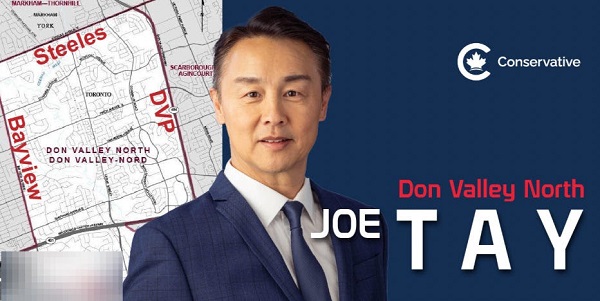espionage
Jordan Peterson considering legal action after Trudeau claims he’s funded by Russia
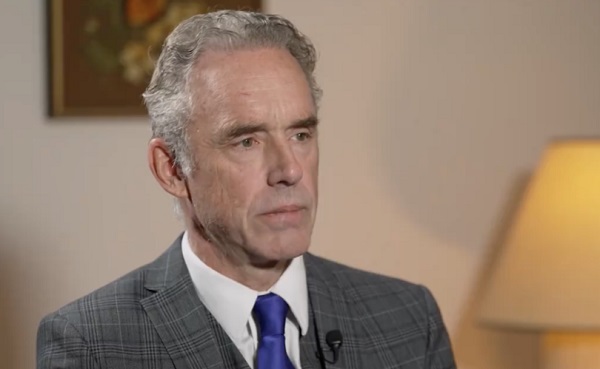
From LifeSiteNews
” I don’t think Trudeau is informed enough to understand what the hell’s going on, period, but certainly not in the broader social media space ”
Canadian psychologist Dr. Jordan Peterson says he is considering legal action against Prime Minister Justin Trudeau after the prime minister accused the popular commentator of being funded by Russian state media.
In an interview with the National Post, Peterson emphatically denied ever taking money from Russia, adding that what Trudeau said is a “very serious accusation” that may warrant legal action.
“You should have at least got them right,” Peterson said of Trudeau’s allegation. “I don’t think it’s reasonable for the prime minister of the country to basically label me a traitor and I don’t find it amusing.”
As reported by LifeSiteNews last week, Trudeau claimed U.S media personality Tucker Carlson and Peterson are being funded by the state funded media outlet Russia Today (RT). He also blamed Russia for “amplifying the chaos” surrounding the 2022 Freedom Convoy protests.
Trudeau made the claim last Wednesday under oath during testimony at the Foreign Interference Commission, after he was asked about Russia’s alleged role in the Freedom Convoy.
As a result of Trudeau’s comments, Peterson confirmed to the National Post that he is looking into launching a defamation lawsuit against the prime minister, while at the same time noting that such lawsuits can often be a “losing game” and that they are a “pain, and I’m not interested in being burdened down with that sort of pain, practically speaking.”
“But by the same token, how about you don’t defame me when you’re the prime minister, especially stupidly,” he said.
Peterson said that he has been talking with his family about whether he has, in his words, a “moral obligation to go after him for defamation.”
“He’s not like my neighbour, he’s the prime minister,” said Peterson.
Last week, Peterson’s daughter Mikhaila Peterson had suggested on social media that Trudeau’s comments might warrant a lawsuit from her father.
In his interview with the National Post, Peterson said he does not know how he got “dragged into this” because he has never been even “peripherally” linked to Russian funds.
“But I don’t think Trudeau is informed enough to understand what the hell’s going on, period, but certainly not in the broader social media space,” he added.
Peterson also took issue with the notion he is somehow a Russian stooge, saying, “I’m just not involved in this scandalous issue with Russia at all, not a bit.”
“It’s worse than that, because I’ve been informing myself as to foreign media manipulation, in detail,” he said.
As of press time, Carlson, who has been an open critic of the prime minister, has yet to issue a statement in response to Trudeau’s allegations.
Currently, the Commission on Foreign Interference, which is largely focused on Chinese meddling in Canadian politics, is taking place in Ottawa, headed by Justice Marie-Josée Hogue. She had earlier said she and her lawyers will remain “impartial” and will not be influenced by politics. In January, Hogue said that she would “uncover the truth whatever it may be.”
The commission was struck after Trudeau’s special rapporteur, former Governor General David Johnston, failed in an investigation into CCP allegations last year after much delay. That inquiry was not done in public and was headed by Johnston, who is a “family friend” of Trudeau.
Johnston quit as “special rapporteur” after a public outcry following his conclusion that there should not be a public inquiry into the matter. Conservative MPs demanded Johnston be replaced over his ties to both China and the Trudeau family.
The potential meddling in Canada’s elections by agents of the CCP has many Canadians worried as well.
As for Trudeau, he has praised China for its “basic dictatorship” and has labeled the authoritarian nation as his favorite country other than his own.
Peterson for his part has been critical of Trudeau and his Liberal government for years.
espionage
Longtime Liberal MP Warns of Existential Threat to Canada, Suggests Trump’s ’51st State’ Jibes Boosted Carney

 Sam Cooper
Sam Cooper
In striking remarks delivered days after Canada’s federal election, former longtime Liberal MP John McKay suggested that threats from President Donald Trump helped propel Prime Minister Mark Carney to power—and warned that Canada is entering a period of “existential” uncertainty. He likened the threat posed by Trump’s second term to the peril Taiwan faces from China’s Xi Jinping.
“This was the most consequential election of my lifetime,” said McKay, who did not seek re-election this year after serving as a Liberal MP since 1997. “I would always say, ‘This is the most important election of your lifetime,’ and usually I was right. But this time—I was really right. This one was existential.”
Explaining his assertion, McKay added: “I was thinking of the alienating and irritating comments by a certain president that Canada should become the 51st state. We should actually send President Trump a thank-you card for his stimulus to Canadian patriotism, which has manifested itself in so many different ways. Who knew that shopping at Loblaws would become a patriotic act?”
The Toronto-area MP, who has made several visits to Taiwan over the past two decades, drew a controversial comparison between how Taiwan faces the constant threat of invasion and how Canada is now confronting an increasingly unreliable United States under the influence of Trump-era nationalism.
McKay was the first speaker at an event co-hosted by the Government of Taiwan and the Macdonald-Laurier Institute, focused on the People’s Republic of China’s growing use of “lawfare”—legal and bureaucratic tactics designed to pressure Western governments into accepting Beijing’s One China Policy and denying Taiwan’s sovereignty. While China’s claims over Taiwan may appear to have gained tacit acceptance at the United Nations, U.S. expert Bonnie Glaser later clarified that Beijing’s position is far from settled law. The issue, she said, remains open to interpretation by individual governments and is shaped by evolving geopolitical interests. Glaser, a leading authority on Indo-Pacific strategy, added that subtle but meaningful shifts during both the first and second Trump administrations are signaling a quiet departure from Beijing’s legal framing.
“Our institutions are being bullied—that they will be denied involvement with the U.N. unless they accept that Taiwan is a province of China,” Glaser said.
McKay, framing most of his comments on the past election, argued Canadians now face subtle but real consequences when engaging with American products and institutions. He argued that Canada can no longer assume the United States will act as a reliable partner on defense or foreign policy. “Maybe a few weeks or months ago, we could still count on the security umbrella of the United States,” he said. “That is no longer true—and the Prime Minister has made that abundantly clear.”
Predicting that Prime Minister Mark Carney “may be a very unpopular politician within six months,” McKay warned Canadians to prepare for a period of sacrifice and difficult decisions: “We’re not used to asserting our sovereignty. Taiwan lives that reality every single day.”
Citing Canada’s pivot toward new defense arrangements—including the recent purchase of over-the-horizon radar from Australia instead of the United States—McKay said the country is entering a new era of security realignment. “New alliances, new consequences, new changes,” he said. “This will create some real disturbing issues.”
He contrasted China’s strategic approach with the erratic behavior of the United States under Trump: “President Xi conducts the trade war like a chess match—methodical, searching for new alliances. Our supposed security partner conducts it like flip-gut,” McKay said, referring to a children’s game he plays with his grandchildren. “Sometimes the piece turns over, sometimes it falls off the table. But the one guarantee is—there is no guarantee.”
Another speaker, Professor Scott Simon of the University of Ottawa, took a far sharper stance on Beijing’s role in the increasingly volatile geopolitical environment, describing China as part of a “new axis of evil” engaged in cognitive warfare targeting both Taiwan and Canada.
“We have to be part of the alliance of good,” Simon said. “China is part of that axis of evil. We have to be honest about that.”
Drawing on recent global crises—including the war in Ukraine and the October 7 Hamas attacks on Israel—Simon argued that democracies like Canada have lulled themselves into a false sense of security by believing that trade and engagement would neutralize authoritarian threats.
“For the past 40 years, we’ve been very complacent,” he said.
Expanding on Beijing’s tactics, Simon said: “They’re active against the Philippines, South Korea, Japan—and Taiwan is only part of it. What they’re using now is a combination of military threats—what we often call gray zone operations—but also cognitive and psychological warfare, as well as lawfare. And they use these techniques not just in Taiwan, but in Canada. And so Canada has to be a part of countering that lawfare.”
The Bureau is a reader-supported publication.
To receive new posts and support my work, consider becoming a free or paid subscriber.
Invite your friends and earn rewards
Banks
TD Bank Account Closures Expose Chinese Hybrid Warfare Threat
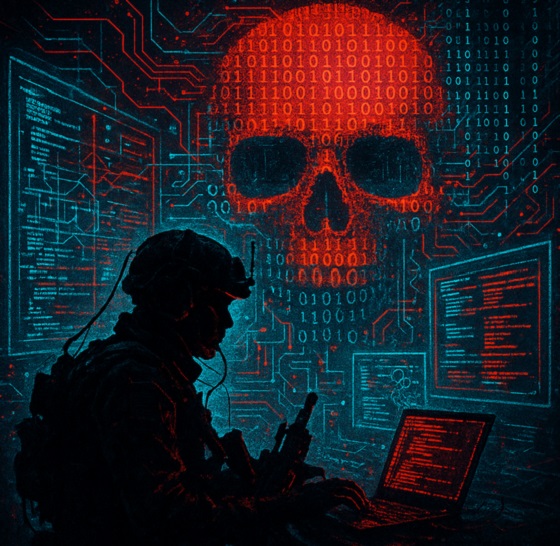
From the Frontier Centre for Public Policy
Scott McGregor warns that Chinese hybrid warfare is no longer hypothetical—it’s unfolding in Canada now. TD Bank’s closure of CCP-linked accounts highlights the rising infiltration of financial interests. From cyberattacks to guanxi-driven influence, Canada’s institutions face a systemic threat. As banks sound the alarm, Ottawa dithers. McGregor calls for urgent, whole-of-society action before foreign interference further erodes our sovereignty.
Chinese hybrid warfare isn’t coming. It’s here. And Canada’s response has been dangerously complacent
The recent revelation by The Globe and Mail that TD Bank has closed accounts linked to pro-China groups—including those associated with former Liberal MP Han Dong—should not be dismissed as routine risk management. Rather, it is a visible sign of a much deeper and more insidious campaign: a hybrid war being waged by the Chinese Communist Party (CCP) across Canada’s political, economic and digital spheres.
TD Bank’s move—reportedly driven by “reputational risk” and concerns over foreign interference—marks a rare, public signal from the private sector. Politically exposed persons (PEPs), a term used in banking and intelligence circles to denote individuals vulnerable to corruption or manipulation, were reportedly among those flagged. When a leading Canadian bank takes action while the government remains hesitant, it suggests the threat is no longer theoretical. It is here.
Hybrid warfare refers to the use of non-military tools—such as cyberattacks, financial manipulation, political influence and disinformation—to erode a nation’s sovereignty and resilience from within. In The Mosaic Effect: How the Chinese Communist Party Started a Hybrid War in America’s Backyard, co-authored with Ina Mitchell, we detailed how the CCP has developed a complex and opaque architecture of influence within Canadian institutions. What we’re seeing now is the slow unravelling of that system, one bank record at a time.
Financial manipulation is a key component of this strategy. CCP-linked actors often use opaque payment systems—such as WeChat Pay, UnionPay or cryptocurrency—to move money outside traditional compliance structures. These platforms facilitate the unchecked flow of funds into Canadian sectors like real estate, academia and infrastructure, many of which are tied to national security and economic competitiveness.
Layered into this is China’s corporate-social credit system. While framed as a financial scoring tool, it also functions as a mechanism of political control, compelling Chinese firms and individuals—even abroad—to align with party objectives. In this context, there is no such thing as a genuinely independent Chinese company.
Complementing these structural tools is guanxi—a Chinese system of interpersonal networks and mutual obligations. Though rooted in trust, guanxi can be repurposed to quietly influence decision-makers, bypass oversight and secure insider deals. In the wrong hands, it becomes an informal channel of foreign control.
Meanwhile, Canada continues to face escalating cyberattacks linked to the Chinese state. These operations have targeted government agencies and private firms, stealing sensitive data, compromising infrastructure and undermining public confidence. These are not isolated intrusions—they are part of a broader effort to weaken Canada’s digital, economic and democratic institutions.
The TD Bank decision should be seen as a bellwether. Financial institutions are increasingly on the front lines of this undeclared conflict. Their actions raise an urgent question: if private-sector actors recognize the risk, why hasn’t the federal government acted more decisively?
The issue of Chinese interference has made headlines in recent years, from allegations of election meddling to intimidation of diaspora communities. TD’s decision adds a new financial layer to this growing concern.
Canada cannot afford to respond with fragmented, reactive policies. What’s needed is a whole-of-society response: new legislation to address foreign interference, strengthened compliance frameworks in finance and technology, and a clear-eyed recognition that hybrid warfare is already being waged on Canadian soil.
The CCP’s strategy is long-term, multidimensional and calculated. It blends political leverage, economic subversion, transnational organized crime and cyber operations. Canada must respond with equal sophistication, coordination and resolve.
The mosaic of influence isn’t forming. It’s already here. Recognizing the full picture is no longer optional. Canadians must demand transparency, accountability and action before more of our institutions fall under foreign control.
Scott McGregor is a defence and intelligence veteran, co-author of The Mosaic Effect: How the Chinese Communist Party Started a Hybrid War in America’s Backyard, and the managing partner of Close Hold Intelligence Consulting Ltd. He is a senior security adviser to the Council on Countering Hybrid Warfare and a former intelligence adviser to the RCMP and the B.C. Attorney General. He writes for the Frontier Centre for Public Policy.
-
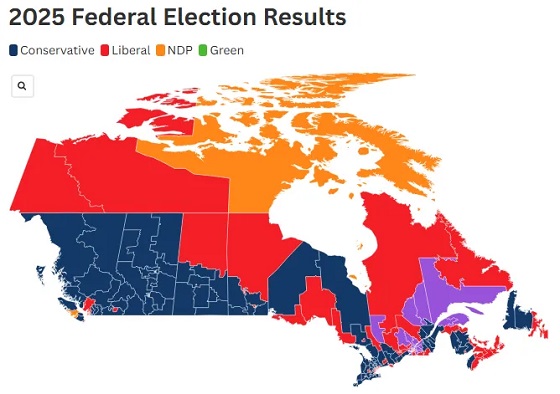
 2025 Federal Election2 days ago
2025 Federal Election2 days agoPost election…the chips fell where they fell
-

 Alberta2 days ago
Alberta2 days agoHours after Liberal election win, Alberta Prosperity Project drumming up interest in referendum
-

 COVID-192 days ago
COVID-192 days agoCanada’s health department warns COVID vaccine injury payouts to exceed $75 million budget
-

 Alberta2 days ago
Alberta2 days agoNew Alberta Election Act bans electronic vote counting machines, lowers threshold for recalls and petitions
-

 espionage1 day ago
espionage1 day agoLongtime Liberal MP Warns of Existential Threat to Canada, Suggests Trump’s ’51st State’ Jibes Boosted Carney
-
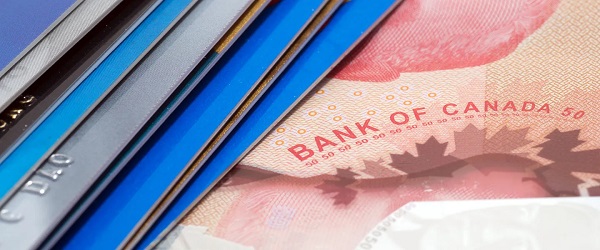
 Business1 day ago
Business1 day agoNew federal government plans to run larger deficits and borrow more money than predecessor’s plan
-
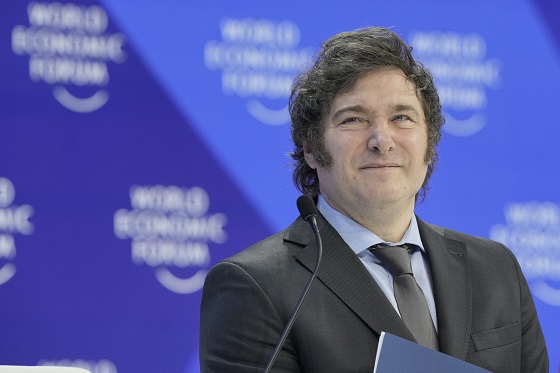
 International22 hours ago
International22 hours agoJavier Millei declassifies 1850+ files on Nazi leaders in Argentina
-

 Alberta2 days ago
Alberta2 days agoPremier Danielle Smith hints Alberta may begin ‘path’ toward greater autonomy after Mark Carney’s win

